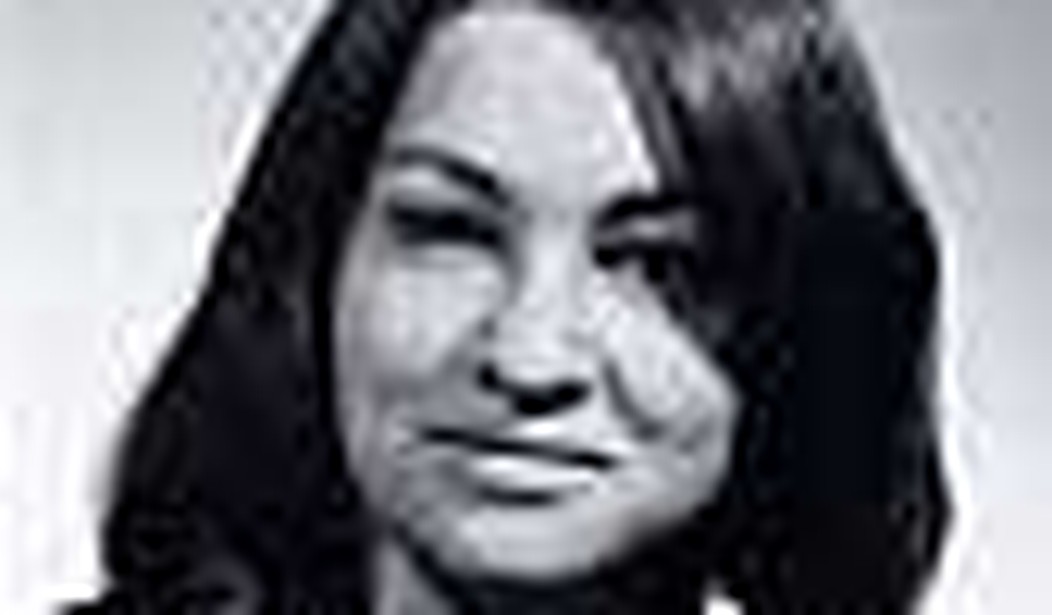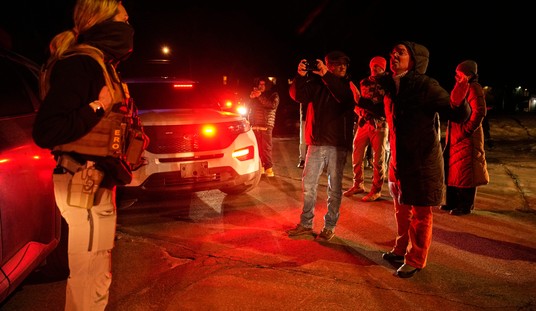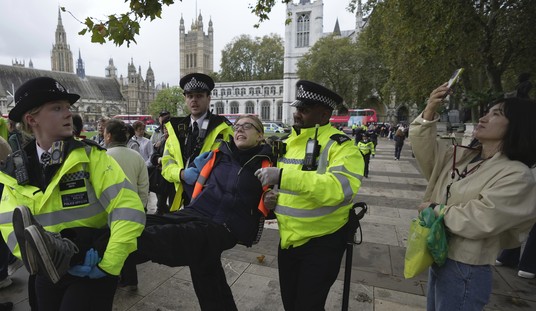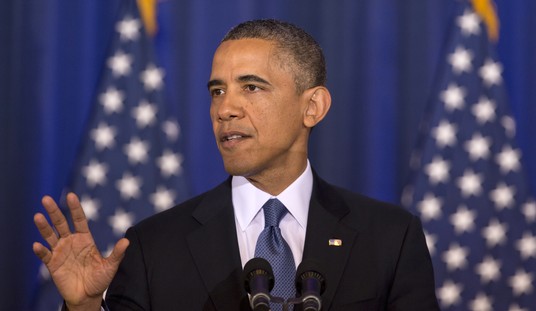The telenovella over Supreme Court nominee Sonia Sotomayor took an interesting twist recently when it was revealed that the U.S. Appeals Court judge had, in the 1990s, announced during a panel discussion that she was “the perfect affirmative action baby” because she was “Puerto Rican, born and raised in the South Bronx, and from what is traditionally described as a socio-economically poor background.”
Sotomayor admitted that, while her grades were good, her test scores “were not comparable to my colleagues at Princeton and Yale.” Though, she noted, “not so far off so that I wasn’t able to succeed at those institutions.” Yet, she said, had the schools relied only on test scores, “it would have been highly questionable (that) I would have been accepted.”
Those remarks were captured on videotape, part of a cache that Sotomayor provided to the Senate Judiciary Committee, which will begin confirmation hearings July 13. I know exactly what Sotomayor meant. She was using her experience — a success story — to both call into question the ability of test scores to predict college performance and extol the virtues of race-conscious and class-conscious admissions policies. She was speaking with both arrogance and humility — acknowledging that she had help getting started on her path but speaking with the confidence that comes with knowing that her own talent and hard work had carried her the rest of the way.
Do you know who else has often acknowledged publicly that he is a product of affirmative action? Former Secretary of State Colin Powell. And when Powell says it, he comes across as saying: “Look, just because I got a few breaks early in my career because of a government program, doesn’t mean that my record doesn’t speaks for itself. That should prove that the program has value and doesn’t just benefit the unqualified.” Nevertheless, judging from the reaction of Sotomayor’s critics — especially white males on talk radio still smarting from her comments about how a white male judge might not reach the same conclusion as a “wise Latina” — there are folks out there who just don’t understand her remarks. So I’ve concluded that the judge never should have said what she said. She conceded too much — and needlessly so.
First, once admitted to Princeton and Yale, she quickly climbed to the top of the heap. At Princeton, she graduated summa cum laude. And at Yale, she was chosen — on the basis of grades — as editor of the Yale Law Journal. Besides, Sotomayor doesn’t have any idea what the admissions committees at Princeton or Yale took into account and what they disregarded.
Sotomayor assumes that she got a break because of her ethnicity and socio-economic background. But what if those committees also, on occasion, overlooked the mediocre test scores of a white applicant from the suburbs? Maybe — with regard to a variety of applicants — committee members don’t put the emphasis on test scores that the companies that make a fortune administering the test have lead us all to believe so we’ll fork out the fees to take the tests.
Lastly, Sotomayor needs to be a little less humble — although Latinos are famous for that quality. Which brings me to why I try never to refer to myself as an affirmative action baby. I used to, when I was in college. And I did it for the same reasons that I suspect Sotomayor did. But then, one day, a few years ago, it hit me: My two college roommates freshman year at Harvard — who, by the way, should be canonized for putting up with me — were a pair of Italian-American kids whose high school records were just as good as mine. And somehow I wound up being saddled for life with the label “affirmative action baby” and they didn’t.
It didn’t seem fair. After all, since we had the same qualifications — more or less, although one of my roommates was a legacy since his father had gone to Harvard Business School — the only reason I got stuck with the label was because I was Mexican-American and they weren’t. So I dropped it.
Later, in the professional world, I was hired for positions and — once I arrived on the job — I’d look around and realize I had better credentials and had accomplished more than most if not all of my colleagues. So it didn’t make sense to think of myself as the product of affirmative action. I just saw myself as someone who was good at what he did.
From all accounts, Sonia Sotomayor is also good at what she does. She should have just said that and let it go.









Join the conversation as a VIP Member